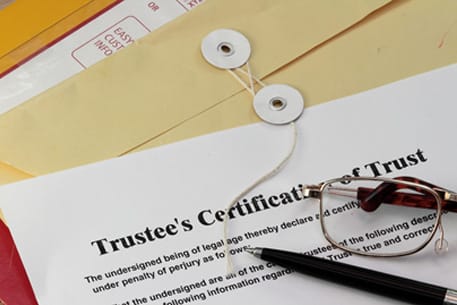- Inventorying the estate: The inventorying of the estate refers to a listing of all the items included in the estate, which represent the total value of the estate. This includes financial assets, investments, real estate and other items. It also includes debts and liabilities.
- Marshaling assets: This refers to the ordering of assets and liabilities. Creditors will have the ability to make claims against a deceased person’s estate and they can get paid for their debts before what remains of the estate is distributed to heirs. When marshaling assets, the assets are arranged in order of the ease by which they may be liquidated. The debts are arranged in the order by which they should be paid off first.
- Creating detailed reports to be given to the probate court: Detailed reports need to be created by the estate administrator or executor so that the probate court can accurately distribute the assets of the estate. First, debtors must be paid with financial assets and/or liquidated assets. Second, the heirs can receive what they are due according to the last will during the dispensation of the estate.
- Distributing the assets to heirs: All remaining assets must be distributed to heirs in accordance with the last will. It is vital that this is done appropriately and lawfully.
The above responsibilities might not be easy for the average person to carry out on his or her own. For this reason, those named as executors of estates may want to seek the assistance of an Illinois estate attorney to help with probate administration.











